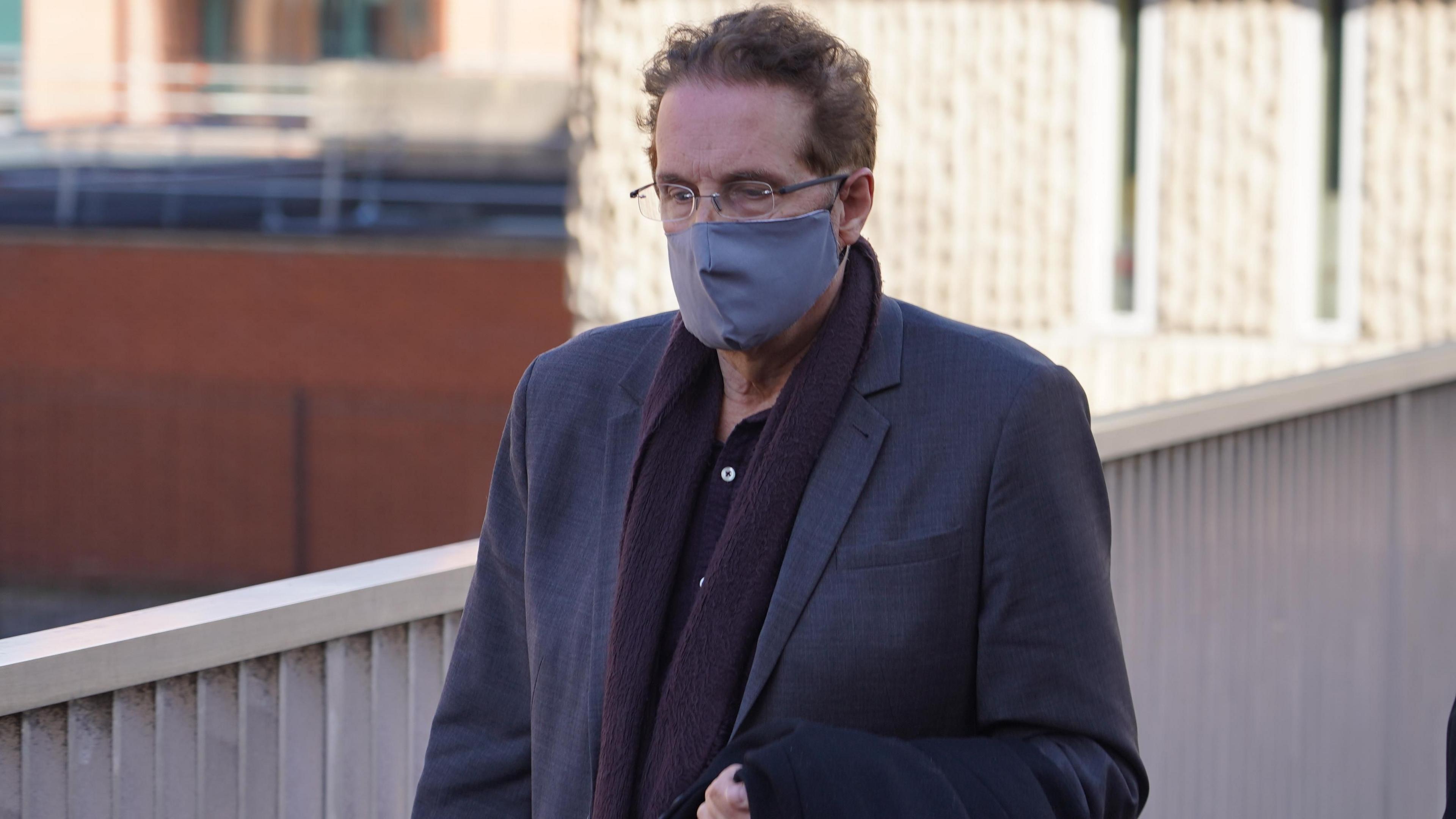'Slave-like' assistants and late-night massages: How a radical priest abused his congregation
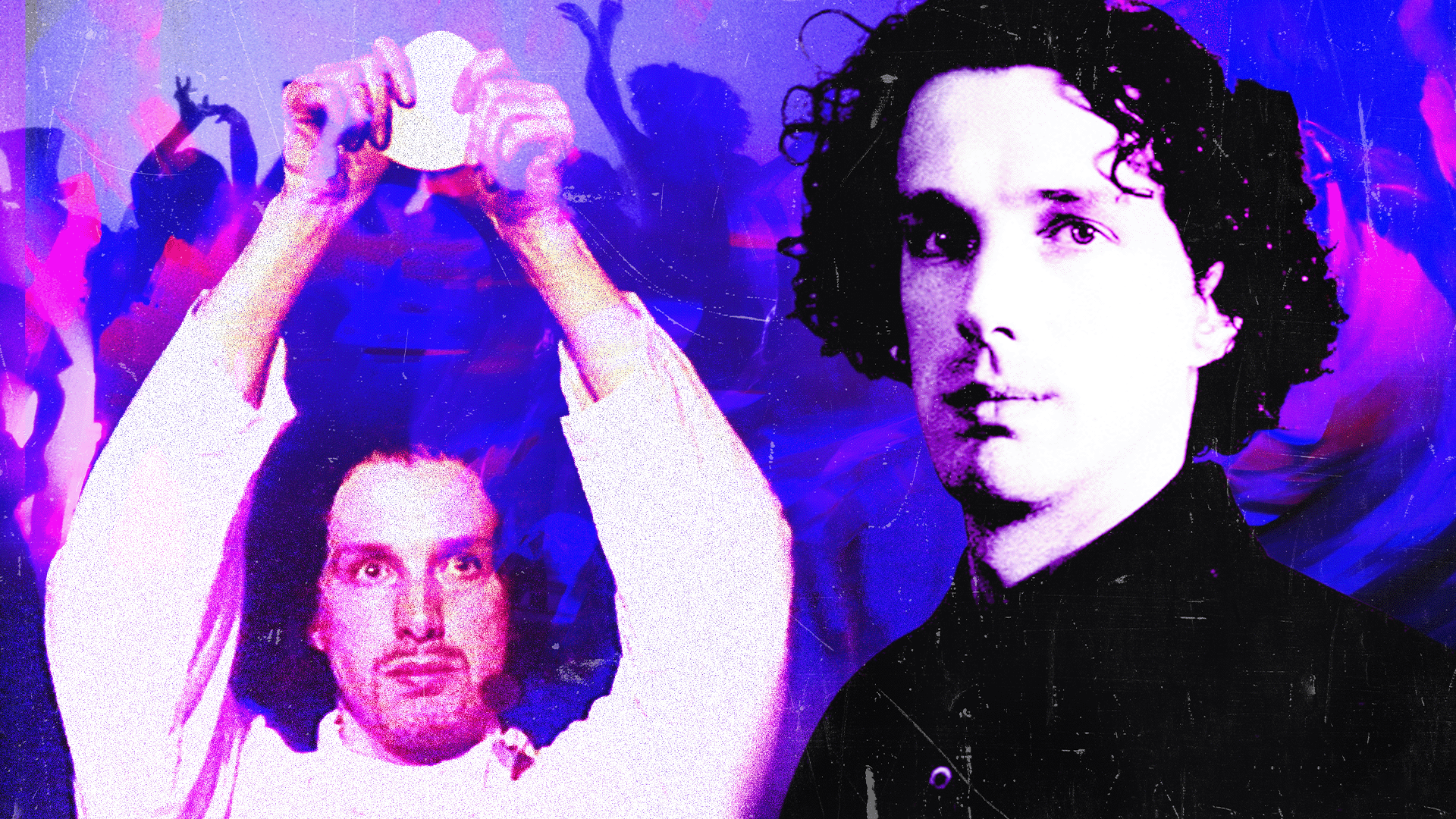
Chris Brain led the Nine O'Clock Service from 1984 to 1995
- Published
Heralded by Church of England leaders for its "ground-breaking" nightclub style, the Nine O'Clock Service attracted hundreds of young people to its meetings in Sheffield in the 1980s and 1990s.
But, during the seven-week trial of its leader, Chris Brain, jurors heard how as the service's popularity exploded, the former priest used his power to isolate followers and sexually assault women in his congregation.
Now after a jury has found him guilty of 17 counts of indecent assault, not guilty of 15 and failed to reach verdicts on five outstanding charges, the BBC examines his rise and fall.
When Chris Brain first began attending services at St Thomas Crookes in Sheffield in the 1980s, he was seen as charismatic, engaging and passionate.
But he believed the Church of England needed to move away from "fancy golf club Christianity" if it wanted to attract a younger generation - and he dreamed of combining modern music with the power of worship.
The Reverend Robert Warren, who was the vicar at St Thomas's at the time, told jurors at Inner London Crown Court that he gave Brain and his friends the chance to put the idea into practice in 1984, offering him a slot at 21:00 on a Sunday night.
Brain - who was a member of a Christian rock band called Present Tense - incorporated live music and multimedia displays into the services, putting on events more akin to a nightclub than a church.
Paul Hatton, who was a 20-something microbiology student at Sheffield Polytechnic at the time, told the court the services were "exciting" and "special" in their "enthusiasm" for young people.
"You would get there at about half past eight at night. The place was blacked out, the music was brilliant," he said.
Another former member put it more abruptly, saying in a BBC documentary from 1995: "We were sticking two fingers up to normal, middle class church ways of behaviour."
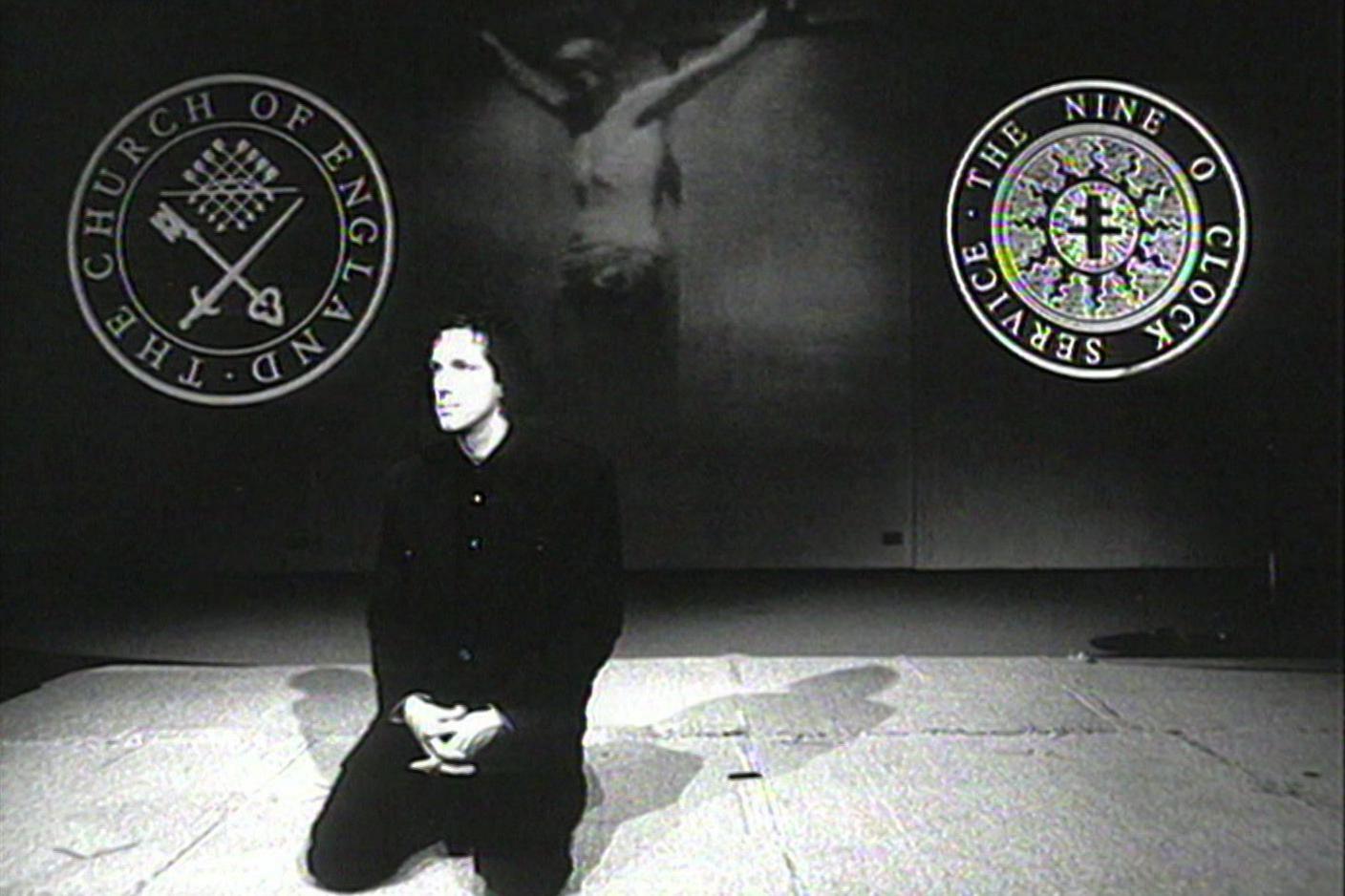
Chris Brain admitted to jurors during his trial that his leadership style was sometimes "overbearing"
The services, which became known as The Nine O'Clock Service, or NOS, were an instant hit.
Mr Warren told the court that over the next few years, the congregation swelled to about 400, and by the 1990s the NOS had to move to a bigger venue at the city's Ponds Forge sports complex as people signed up in their droves.
The court heard how on one occasion, the Bishop of Sheffield confirmed 93 people in one service alone.
George Carey, shortly before his appointment as Archbishop of Canterbury, told Brain he would like to see a Nine O'Clock Service "in every town and city in Britain", according to the 1995 documentary.
By 1991, the Diocese of Sheffield had fast-tracked Brain's route to the priesthood, allowing him to become ordained after just two years, instead of the usual four.
'God now, in your face': Chris Brain and others perform at Greenbelt festival in 1992
Away from the praise and the bright lights, however, members of the congregation described Brain as "manipulative and dictatorial".
Some told the court his vision for NOS went well beyond the services themselves, including a "vetting process" to join the congregation - and new members were asked if they would make "a vow of poverty".
Witness Rachel Hurding - not one of the women Brain was charged with assaulting - said all NOS members donated 10% of their earnings to a central pot.
Meanwhile, Bridget Evans - also not one of the complainants - said she gave about £40,000 to NOS over her seven years as a member, and she remembered feeling pressured by Brain into making donations.
Ms Evans told the court she had once handed over money from her father which was meant to fund a trip to South Africa for her brother's wedding, because Brain persuaded her it would be better for her not to go and for NOS to use the money to buy a van instead.
"His style of leadership, in retrospect I would call it very manipulative. At the time, I would say, it was very dictatorial," Ms Evans said.
"We were all pulled into the belief there was a vision for what we were about, what the aim of NOS was [and] that people had to accept the way it was in order to follow the common vision."
During his trial, Brain denied financially exploiting or controlling members of his congregation.
He told jurors he could sometimes be "overbearing", but claimed that was just his "direct Yorkshire style".
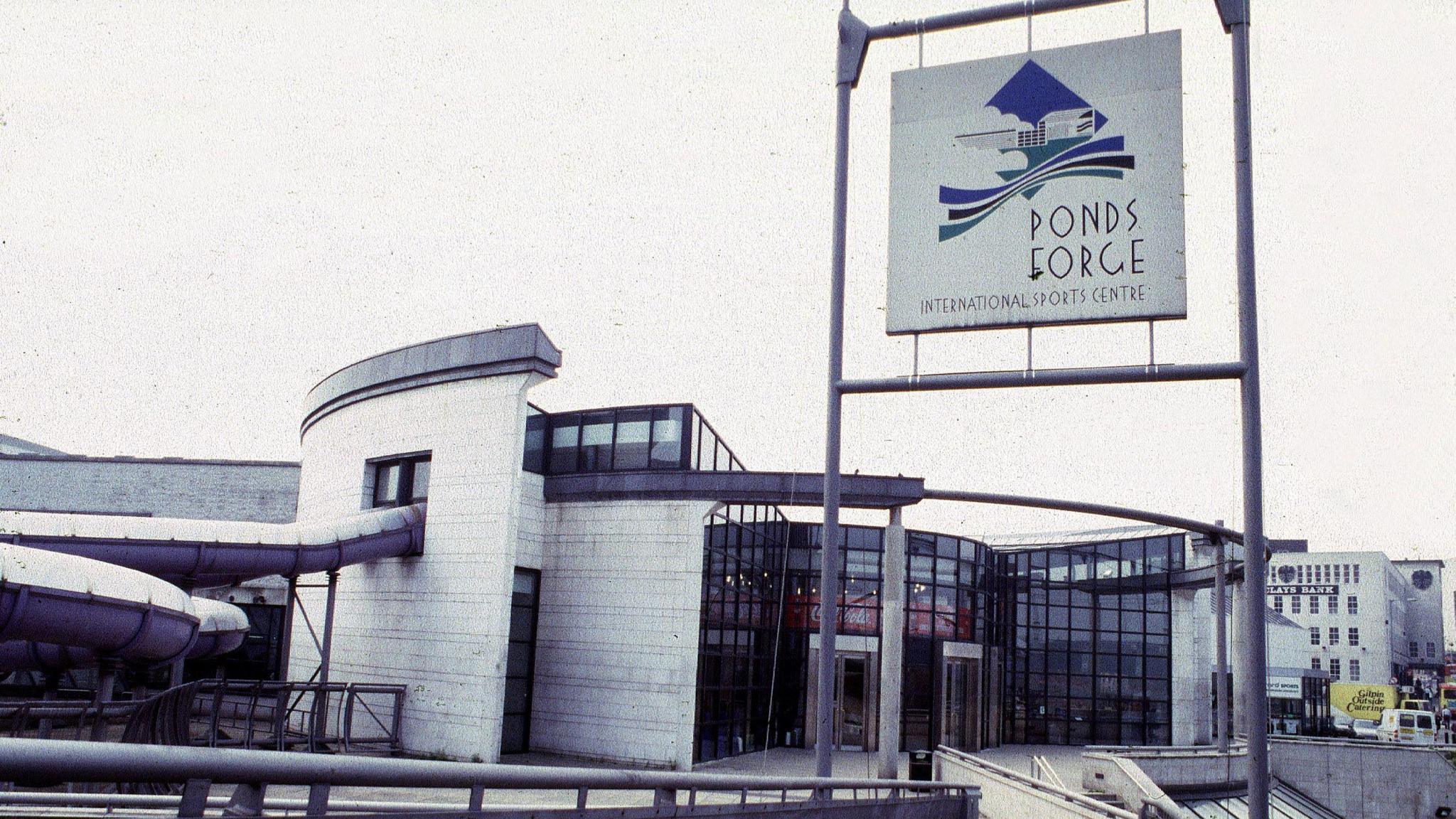
NOS outgrew St Thomas's, and in the early 1990s moved to Ponds Forge (pictured above in 1998)
NOS members were also discouraged from spending time outside their "discipleship group", including with friends or family, the court heard.
Another witness, who was not a complainant in the case, told the court if members socialised with other people, word would travel "up the ranks" and they would be "reprimanded by the leaders".
"You're then given this really hard cold shoulder," she said.
"You feel like if you don't fit in, if you don't go along with this, you're not going to be allowed to stay in this club, which basically is going to get you into heaven. It's as simple as that."
Others described being "Chris-napped", when Brain would drive them around in his car while he chastised them, and then often froze them out for several weeks before getting back in touch.
One victim described having a panic attack in the back of the car as Brain shouted at her and told her she was evil.
Another victim broke down in tears as she explained to the court that the whole thing was "so confusing".
"There was always a part of me [thinking], 'thank God he has contacted me…he is still happy with me, I'm still acceptable.' My self-esteem was totally based on how he responded to me."
Prosecutors said it was the endorsement of the Church that made Brain increasingly unaccountable and turned the NOS into a "cult".
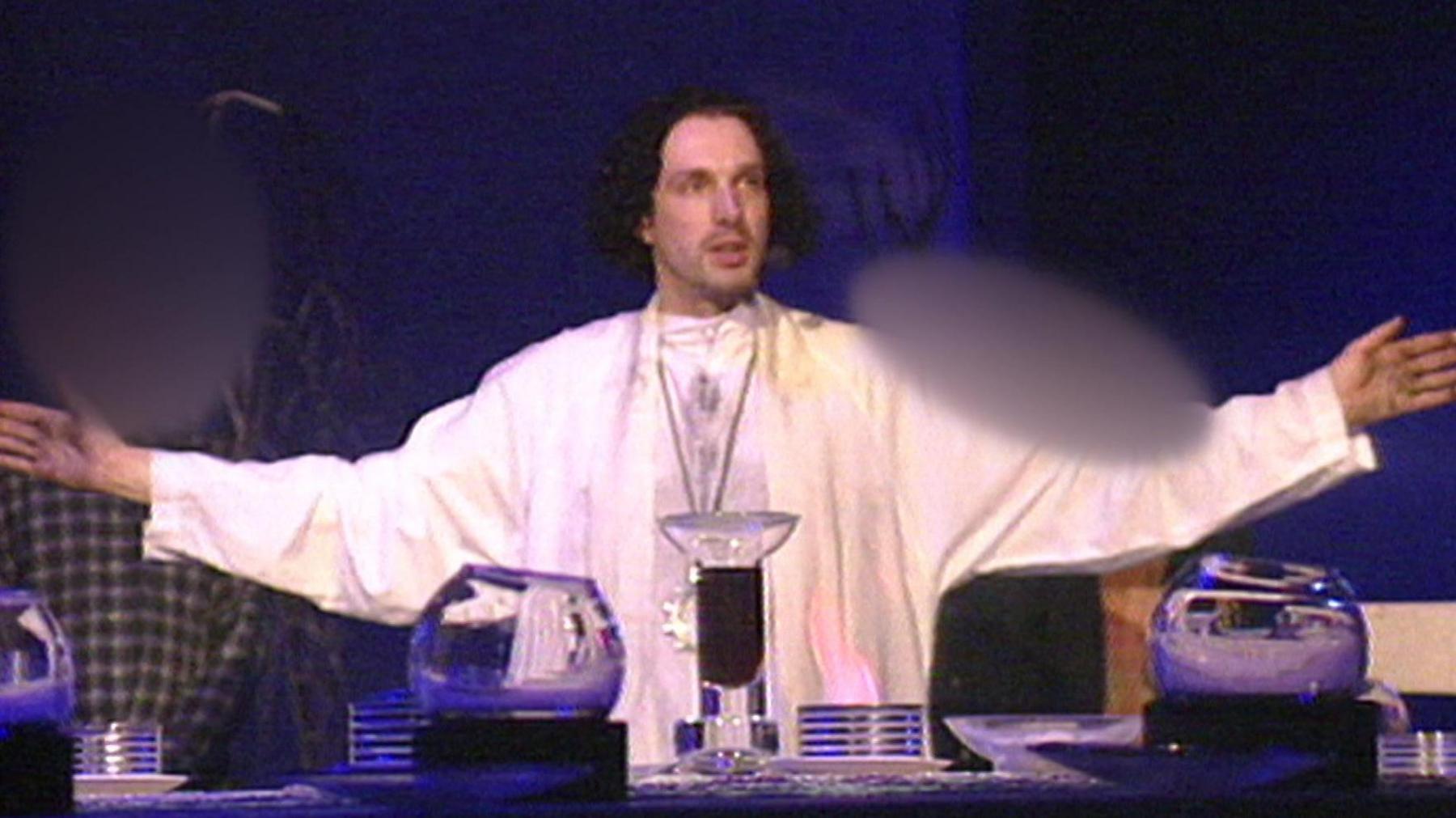
Brain's ordination was fast-tracked as a result of the popularity of the NOS
Brain's manipulation of his followers, however, went beyond emotional abuse.
The court heard that following the birth of his daughter a number of young women were recruited for unpaid roles in what was known as the "homebase team", at his home in Parkers Road, to allow Brain to continue to focus on the NOS.
An 18-page document outlining what was expected of those selected was shown to the jury.
Among the duties mentioned was a rota for cooking and cleaning and walking his dog, Badger, along with the instruction that members of the team should do "anything" Brain asked for.
One witness told police that members of the homebase team were treated "like slaves", while another said they were made to sleep on a thin, old rug in the dining room.
One member of the team, who was often tasked with walking the dog, told the court she used to see "scantily-clad women through the window" on her way past.
She told the court she was often called late at night to "put him to bed", and "never felt I had the option to say no".
Brain would then ask her to give him a massage, including an occasion where he brushed her hand over his erect penis.
Brain did not deny that he had massages from many women in the homebase team as well as from others in his congregation.
Asked in court why he had the massages, Brain replied: "Why not?"
He said some massages, intended to relieve "tensions" in his body, could evolve into "sensual touching", which he said was between friends and "no big deal".
However, Brain's victims said this was when much of the sexual abuse took place.
Assaults he was found guilty of during the massages included kissing the women, touching their breasts and on one occasion, lying on top of a woman while clothed and "simulating sex" with her.
One victim told the court she felt "really shocked and panicked" after one assault, and that life in NOS became "strange and difficult" afterwards for her.
"I spent my life being constantly confused," she added.
Chris Brain admits 'improper sexual conduct' in BBC documentary in 1995
The court heard that the homebase team became known by others in the NOS as the "Lycra Lovelies" because of their clothes.
Ms Evans said: "Chris used to say it was very important people dressed in what was called 'the culture'…It often involved black Lycra leggings, tight-fitting tops and that sort of thing."
Meanwhile, NOS member Graham Moore told the court that, initially, the homebase team seemed like an appropriate way to support Brain and his wife, but over time it became increasingly concerning and there was "something not quite right".
He said many of the women began to look thinner, dressed the same and withdrew from contact with the rest of the NOS.
"It was what it looked like, which was extremely cultish - this group of girls around this charismatic leader, and they put him to bed at night," one victim said.
The demise of the NOS came about even quicker than its rise to fame, when, in the summer of 1995, allegations of sexual abuse by Brain culminated in his resignation and the movement's collapse.
In a BBC documentary the same year, Brain admitted that "for a priest in a church setting, I would have to say I was involved in improper sexual conduct with a number of women".
He told jurors at his trial that he had made that admission while in a state of "overwhelmed trauma" from all the publicity the allegations had received.
It was not until 2019 that South Yorkshire Police opened an investigation, and it was only in 2024 he was charged.
Brain was eventually convicted of 17 counts of indecent assault against nine victims.
He was cleared of 15 more charges of indecent assault and jurors were unable to reach a verdict on four similar count and one of rape.
Throughout his trial, Brain denied all the offences, claiming any sexual contact had been consensual.
But with the jury's verdicts, his last shred of control over the lives of his victims has crumbled.
Get in touch
Do you have a story to share with the BBC Yorkshire & Lincolnshire investigations team?
Related topics
- Published20 August
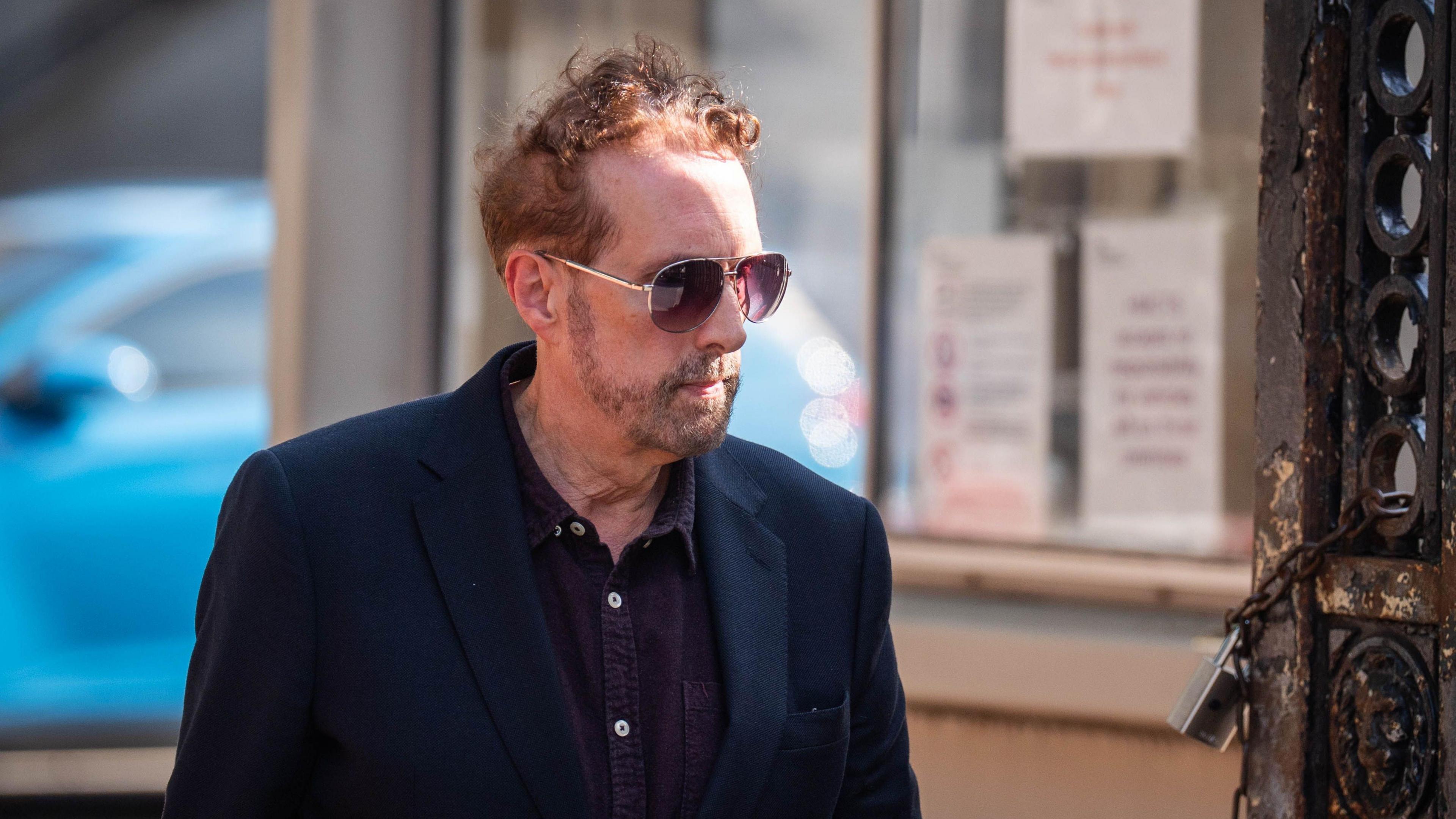
- Published21 August
